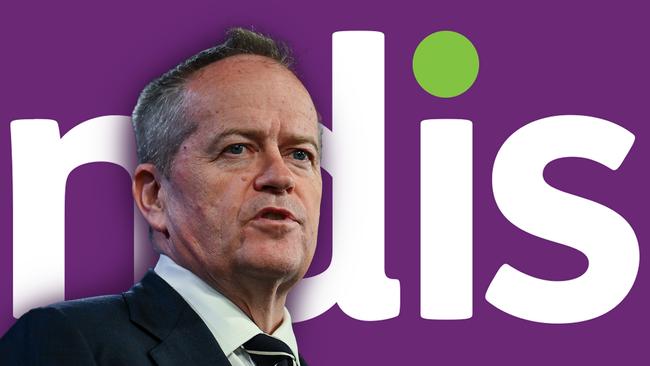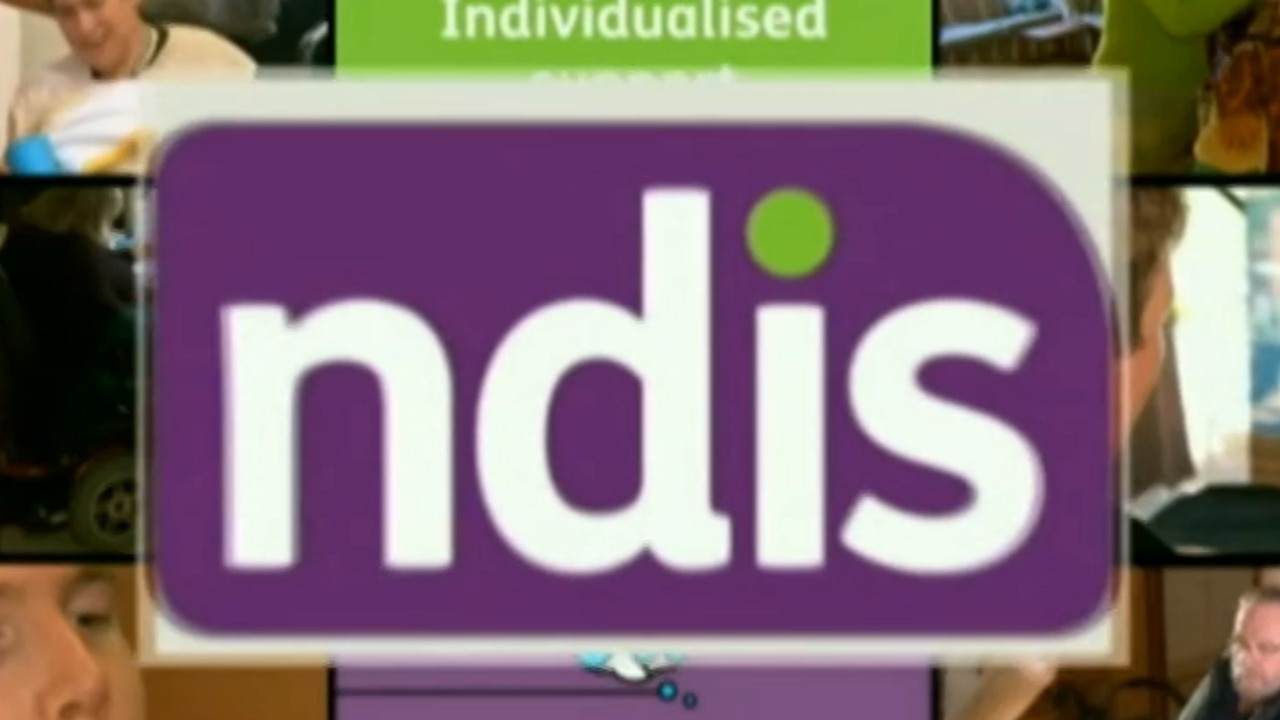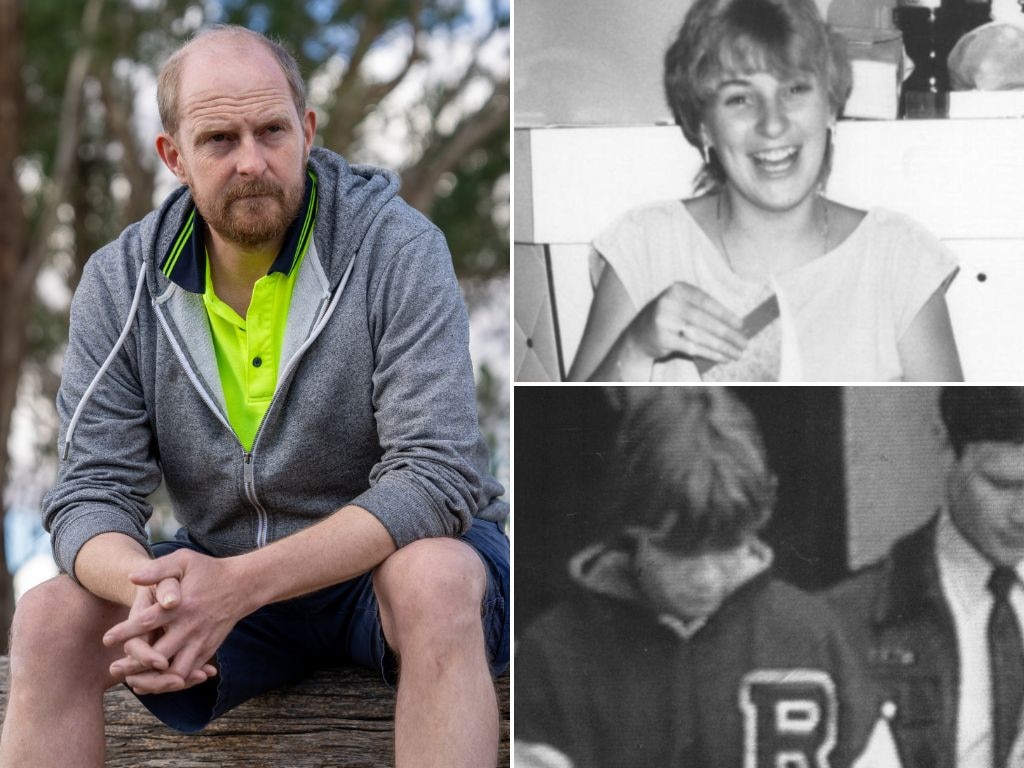Bill Shorten moves to bar criminals from NDIS
Bill Shorten warns states shouldn’t use the scheme to fund support for violent criminals that are the responsibility of justice and corrections departments.

NDIS Minister Bill Shorten has warned the states should not use the disability scheme as a dumping ground to fund support for violent criminals as more cases reveal prisoners with mild intellectual disabilities are accessing the system for housing and help with positive behavioural management.
His new hardline stand comes after The Australian on Tuesday revealed one of the country’s worst serial sex offenders who was involved in the brutal 1980s abduction, rape and murder of Janine Balding, is set to be released from jail with the help of an NDIS support package.
“We do not believe it is appropriate for this person to receive NDIS funded community supports in this case, and we are working to ensure this is the outcome within the law,’’ Mr Shorten said.
His comments follow more examples coming to light of dangerous offenders obtaining NDIS funding to help them reintegrate into the community, raising questions over whether the scheme is being used for post-prison supervision, accommodation and support that bolsters their release conditions.
Court records reveal a man with a mild intellectual disability and pedophilic disorder who committed sexual offences against children over 26 years has been provided with six hours of daily NDIS support and semi-independent accommodation.
Another child sex offender with mild to moderate intellectual disability has been provided with supported accommodation and support staff.
Mr Shorten warned the scheme should not be used for services that are the responsibility of state justice and corrections departments.
“Being a criminal is a not a disability. Being a sex predator is not a disability. The NDIS cannot be responsible for criminals who are on parole,’’ Mr Shorten said.
In a significant escalation of the funding war between the federal and state governments, Mr Shorten said he would demand greater transparency around serious criminals using the scheme.

“I am writing to the states to demand they start reporting and stop keeping the National Disability Insurance Agency in the dark when a serious criminal is released from their jails,” he said.
“The NDIS cannot be the dumping ground for state justice systems to keep Australians safe from violent criminals.”
Serial sex offender Wayne Wilmot, who was part of a Sydney gang who abducted and killed Balding in 1988, was set to be released from prison under strict supervision and with NDIS support.
The NSW Supreme Court heard Wilmot, who has spent almost his entire adult life in prison, had obtained 24 hours a week of NDIS assistance that would be used upon his release to help with social, economic and community participation as well as behaviour and health support.
A 2019 psychiatric report found Wilmot did not show signs or symptoms of a major mental disorder at the time of the assessment. He was found to have a severe personality disorder with psychopathic traits and a low IQ.
One forensic psychologist said despite treatment and rehabilitation efforts in prison, he appeared to have made no meaningful gains and still posed a significant risk to the community, particularly women.
Mr Shorten said Wilmot had not yet received NDIS funding and suggested the case would be reviewed. He told Nine News he would be asking an expert panel of former top police officers to review the safety of NDIS workers tasked with providing support services to serious criminal offenders. “I want their advice before we admit people with serious criminal history anywhere near our NDIS,” he said.
The NDIS recognises psychosocial disability as a mental health condition that may qualify for NDIS support. As the scheme’s costs continue to blow out Mr Shorten has said he wants to see it returned to its original purpose of providing assistance to people with severe and profound disabilities who need help with living.

Lawyers groups say people with a criminal record should have equal access to the disability scheme. “Access to the scheme should not be used as a means of ongoing punishment of people who have a criminal record,’’ Australian Lawyers Alliance spokesman Greg Barns SC said.
“The right to health is a human right that applies to all Australians whether they have a criminal record or not.’’
Criminal lawyer Karen Espiner agreed. “It seems pretty uncontroversial to me that people released from jail deserve support. It’s really important that when offenders are released from custody they are able to access services that reduce their likelihood of reoffending. Putting measures in place to help achieve this purpose of sentencing is really important.”
The NDIA already employs a team of justice liaison officers, who communicate with state judicial systems and to work closely with participants to ensure they are connected with the right supports when transitioning back into the community from jail.
Grattan Institute disability program director Sam Bennett said, without commenting on any specific case, “the boundaries between the funding responsibilities of the NDIS versus state correctional services could be clearer.
“Under current principles that determine NDIS responsibilities in this regard, it is within scope for the scheme to provide supports that address behaviours of concern and can reduce the risk of reoffending where these relate directly to the individual’s impairment,” Dr Bennett said.
“This can include allied health or therapies, including for people who have complex behaviour challenges and supports that will assist the person successfully re-entering the community.
“The problem is that these can be hard to differentiate from services and reasonable adjustments that are the responsibility of state governments, including ‘specific interventions which aim to reduce specific criminal behaviours’.”





